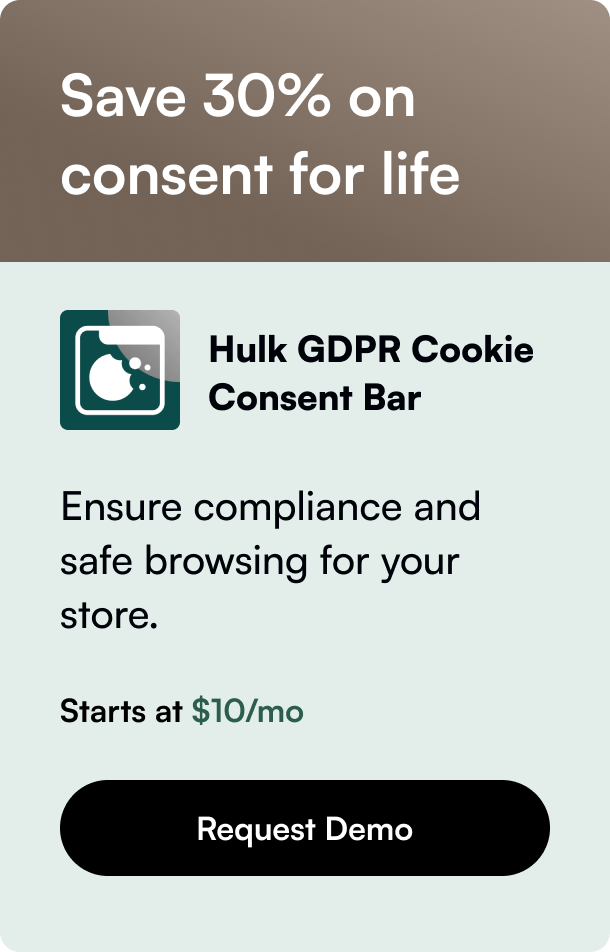Table of Contents
- Introduction
- Why Integrate Shopify with Mailchimp?
- The Integration Process: A Step-by-Step Guide
- Maximizing the Potential: Strategic Tips
- The Impact: From Engagement to Revenue
- Conclusion
- FAQ
In the ever-evolving landscape of e-commerce, the connection between your online store and your email marketing platform is more crucial than ever. For Shopify store owners, integrating with Mailchimp opens a vista of opportunities to nurture relationships, boost engagement, and ultimately skyrocket sales. So, how can you seamlessly link Shopify to Mailchimp, tapping into the synergy between these powerful tools? Let’s delve deep into this transformative step towards e-commerce mastery, armed with insight, strategies, and tips to elevate your business.
Introduction
Have you ever wondered why some online stores seem to have a secret formula for customer engagement and retention? The answer often lies in effective communication. Imagine leveraging the sheer power of Mailchimp’s tailored email campaigns directly from your Shopify store. This isn’t just about sending emails; it’s about creating a personalized shopping journey for each customer. In this comprehensive guide, we unlock the process of integrating Shopify with Mailchimp, exploring the wealth of benefits and strategic approaches to make the most out of this dynamic duo. Prepare to embark on a transformative journey towards e-commerce success.
Why Integrate Shopify with Mailchimp?
Before diving into the "how," it's crucial to understand the "why." Shopify and Mailchimp integration isn't just a convenience; it's a strategic move towards building a more engaging and personalized shopping experience. By syncing customer data and purchase history, you unlock targeted emailing capabilities, automations that feel personal, and insights that drive informed decisions. From abandoned cart recovery emails to tailored product recommendations, the integration equips you with tools to not just reach out but resonate with your audience.
The Integration Process: A Step-by-Step Guide
The technical aspect of linking Shopify to Mailchimp is straightforward, thanks to user-friendly interfaces on both platforms. Here’s how to accomplish it:
- Start with Shopify: Log in to your Shopify store, navigate to the Shopify App Store, and find Mailchimp by searching for it directly.
- Install the Mailchimp App: Click on 'Add app' to install Mailchimp into your Shopify store. You'll be prompted to log in to your Mailchimp account to authorize the integration.
- Customize Your Settings: Once connected, take your time to go through the settings. Decide which information you want to sync – from customer data to purchase history and beyond.
- Set Up Your E-commerce Automations: With the integration complete, explore Mailchimp’s dashboard to set up email automations, segments, and personalized campaigns based on the data synced from Shopify.
Maximizing the Potential: Strategic Tips
Linking Shopify to Mailchimp is just the beginning. To truly leverage this integration, consider these strategies:
- Segment Your Audience: Utilize the rich customer data from Shopify to segment your audience in Mailchimp. Tailor your emails based on purchase behavior, browsing history, or customer demographics.
- Personalize Your Communications: Go beyond “Hi [Name]” by incorporating purchase history, product recommendations, and behavioral triggers into your emails.
- Automate Wisely: Set up thoughtful automations for cart abandonment, welcome series, and post-purchase follow-up. Each email should add value, whether through information, appreciation, or relevant offers.
- Monitor and Optimize: Use the analytics tools provided by Mailchimp to track the performance of your emails. Look at open rates, click-through rates, and conversion metrics to continually refine your approach.
The Impact: From Engagement to Revenue
Businesses that master the integrated power of Shopify and Mailchimp often witness a notable impact, not just in email engagement metrics, but in tangible business outcomes. This synergy can lead to increased customer lifetime value, higher conversion rates, and a deeper understanding of your customer base. It’s about creating a cohesive journey that nurtures customers from the moment they enter your store to each return visit.
Conclusion
Integrating Shopify with Mailchimp is akin to unlocking a powerful marketing engine for your e-commerce business. It’s about transforming data into meaningful connections, automating for efficiency, and personalizing for impact. The process is straightforward, but the real magic lies in how you leverage this integration to foster relationships and drive business growth. With the insights and strategies outlined in this guide, you're well-equipped to navigate this journey towards e-commerce success. Remember, in the digital marketplace, the most successful brands are those that communicate not just effectively, but resonantly. Start weaving this powerful tool into your e-commerce strategy today, and watch your business thrive.
FAQ
Q: Will integrating Mailchimp with Shopify affect my existing customer data? A: Integrating Mailchimp with Shopify syncs your customer data, enhancing your marketing capabilities without negatively affecting existing data. It’s a seamless process designed to augment your e-commerce strategy.
Q: Can I target customers who abandoned their cart through this integration? A: Absolutely. One of the powerful features of integrating Mailchimp with Shopify is the ability to set up automated abandoned cart emails, which can significantly increase conversion rates by reminding customers of their incomplete purchase.
Q: How often is the data between Shopify and Mailchimp synced? A: The integration provides near real-time syncing for most data fields, ensuring that your marketing efforts are always based on the latest customer information and behaviors.
Q: Is it possible to personalize email content based on a customer’s previous purchases? A: Yes, one of the key benefits of this integration is the ability to personalize emails based on a wide array of customer data, including previous purchases, which can lead to higher engagement and sales.
Q: Can I measure the success of my email campaigns through this integration? A: Definitely. Mailchimp offers comprehensive analytics and reporting tools that allow you to measure the success of your email campaigns, from open rates and click-through rates to conversion metrics, directly attributing revenue to your email marketing efforts.








